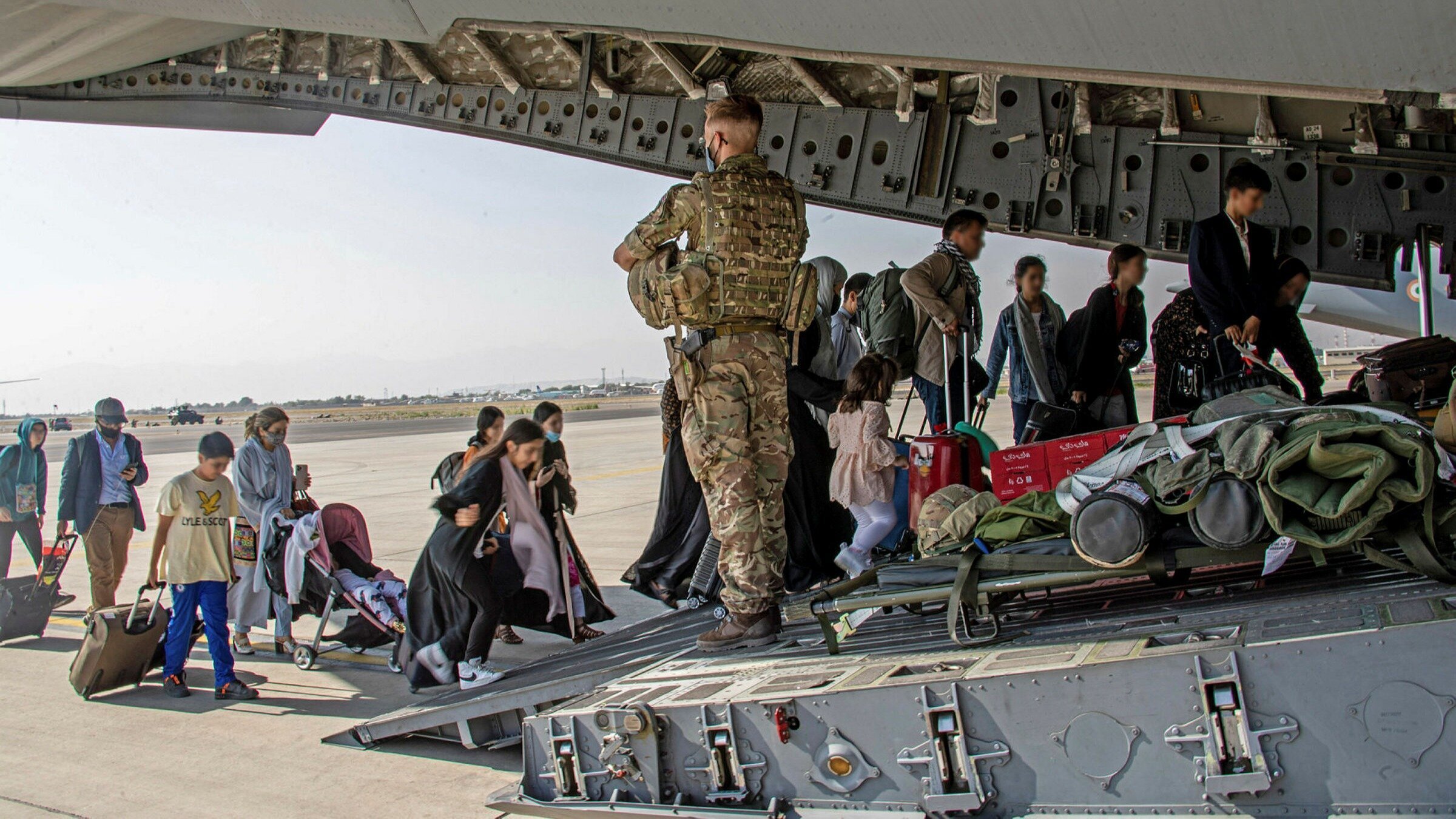Where were you on 9/11? And where are you going?
Former President Bush on Ground Zero
“Where were you on 9/11?” was the question that defined the last generation.
Our youngest son was just three years old, and staying overnight at Children’s Hospital in downtown Washington D.C. with my wife when the planes struck the Twin Towers. I was in my office in the Hart Building in the Capitol complex, and one of the last to leave the building, as an astonished officer ran by me and one of my top staffers (who didn’t want the terrorists to make us leave) scolding us that a missing plane was headed our way.
The world, literally, would never be the same. The Cold War was replaced by the “war on terror”, as President Bush would call it a few days later, and a new generation would eventually leave school and enter a world profoundly shaped by this new paradigm.
This youngest son of ours, David, who happens to be simultaneously the youngest Millennial and the oldest Gen Z, graduated from college last year a few months after one of our grandchildren was born. Both are entering a world fundamentally shaped by a new global war, this time against a virus called Covid-19. The world will be profoundly different for them, as emergency accommodations such as work from home and virtual learning become as normative as airport security is to us now.
The messy exit from Afghanistan signaled the end of an era, although the struggle against radical Islamism will have a long tail in a similar way that Marxist critiques of Western values and economics are entrenched in our elite institutions and continue to affect the way in which we try to order our public and economic life together.
Sauron may have been defeated, but Saruman was still in the Shire (a reference for my fellow Lord of the Rings fans). We may “defeat” (or accommodate) Covid-19, but there will always be the threat of another virus. Or an aggressive ideology. Or an environmental catastrophe.
I have little to offer to the myriad of reflections going into the anniversary of 9/11 which draw geopolitical conclusions and discuss who is to blame for what. It is, however, a time for each of us to remember where we were, reflect on how our lives have been affected by that moment and reassess the direction that we, our nation, and the world are heading.
My fundamental conclusion is that our immediate realities are shaped by forces out of our control, and in response we all fall into one of two camps: either we believe we are victims of a random universe within which, at best, we optimistically work to mitigate its harm, or all history is guided in a direction that will culminate with something new that we can have faith and confidence in.
From my experience, the first camp can produce disappointed optimism, leading to pessimism and ultimately to cynicism; the second camp, however, can build faith - the assurance of things hoped for and the conviction of things not seen (Hebrews 11:1) - leading to action and inner peace.
When we were in Ireland as a family a few years ago, we stopped by a little pub to listen to the locals play. David was seated at the piano, and they asked him to play something. A couple years earlier I had suggested to U2 on itsInnocence + Experience tour, that they play a song from the album October. They did, and under pressure at the pub several years later, David did as well.
The lyrics of the cover song October that both U2 and David played remind us that although the winds of time will blow where they will, we can have faith in the redemptive direction of history. My hope for you as you ponder where you were on 9/11 is that you experience a peace that can come from this belief:
"October
And the trees are stripped bare
Of all they wear
What do I care?
October
And kingdoms rise
And kingdoms fall
But you go on
And on..."


